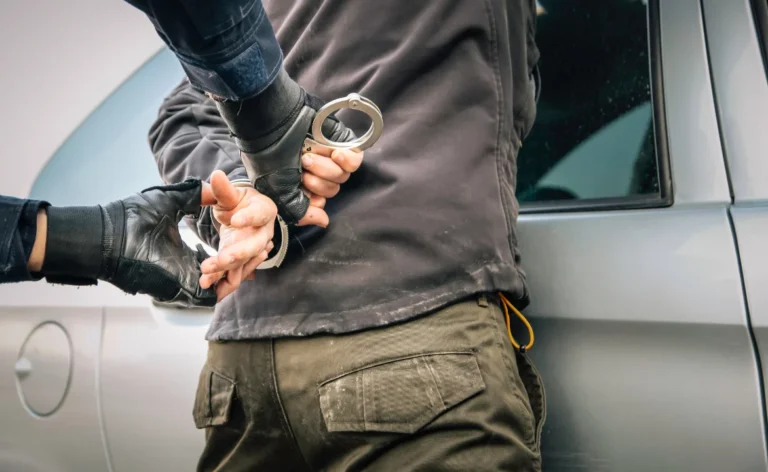Cross-Border Legal with Spain: Common Pitfalls and How to Avoid Them
Paperwork that looks fine at home can stall in Spain for reasons that feel tiny until they cost you weeks. The fix is simple: prepare to the rules of the desk that will read your document.
If you want a guided route through the steps, start with Spanish Lawyers Expertise in the UK. A specialist will map the process for your exact authority, draft the right wording, and keep the timeline moving.
Most delays come from format, not substance. Spain often expects precise clauses, set witness wording, or a notarial certificate laid out in a particular way. A template that works in one country can be rejected in another even when the message is identical. Translations create a second trap. Some offices accept certified translations. Others want sworn translators. Pick the wrong type and you buy yourself another courier loop.
Legalisation is the third trip wire. Many documents need an apostille. Yet some are exempt inside the EU under public document rules. The European Commission guide to public documents explains when multilingual forms replace apostilles and what different authorities typically expect. Getting this call right is the difference between a clean handoff and an avoidable return.
It also helps to understand who Spanish notaries are. They are public officials who give documents public authenticity. That role makes identity checks, capacity, and layout non negotiable. If you want a quick primer on duties and standards, the Spanish Notaries Council overview is clear and useful.
See also: Gentle Guidance Through Complex Legal Matters
Fast prep checklist
- Confirm the destination authority and ask for its preferred wording or model certificate.
- Decide whether translations must be sworn and where they should be produced.
- Map the legalisation route with fees and realistic timings before you book anything.
- Use tracked couriers and keep scans of what leaves your hands.
A few edge cases deserve extra planning. Property files move faster when reservation contracts, completion deeds, and bank requirements line up word for word. Opening a bank account often needs an NIE and, in some cases, in-person checks. Corporate actions such as director appointments or share transfers go smoothly when powers of attorney state scope, duration, and governing law in plain terms.
Your first call should feel practical. Destination, deadline, and document type. Who is signing and in what capacity. Whether the notary can act as witness or if an independent witness is required. Which legalisation path applies. How updates will be shared. Ten calm minutes here can save three weeks later.
Choosing help should not be guesswork. Ask for a one-page plan, draft wording for review, and a timeline that accounts for holidays and consulate closures. If you want someone who knows both systems, a Spanish lawyer working alongside a notary keeps terminology tight and avoids rewrites. For local fit and quick coordination, experienced Spanish lawyers in the UK can pull together identification checks, sworn translations, and legalisation without you chasing three different offices.
Final word. Cross-border paperwork feels complex until the sequence is clear. Get the format right, follow the legalisation path, keep proof of each handoff, and your documents will land in Spain ready to be accepted.




